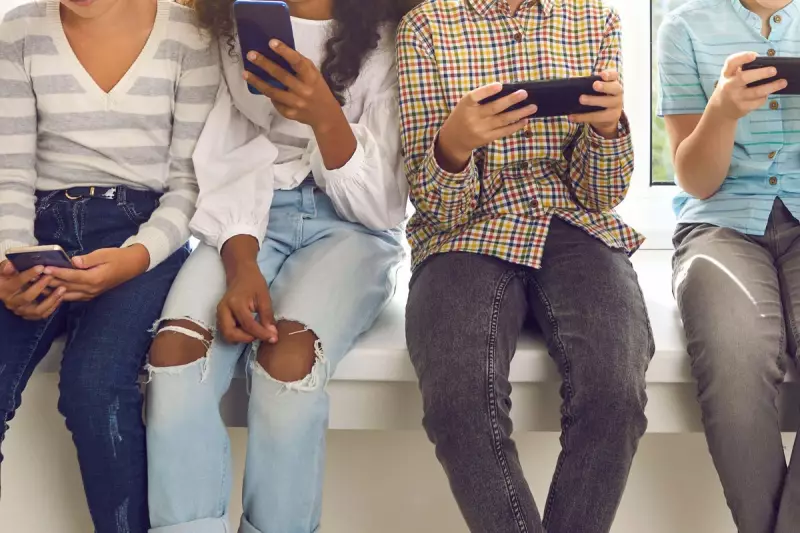
Teenagers Embrace AI for Advice and Companionship
A significant number of young people across England are now turning to artificial intelligence chatbots for emotional support, advice, and companionship, according to new research commissioned by youth charity OnSide. The study, titled 'Generation Isolation', reveals that almost four in 10 young people aged 11 to 18 have used AI for these purposes.
Why Young People Prefer Chatbots
The survey of 5,035 young people, conducted by YouGov in August and September 2025, uncovered several key reasons for this shift towards digital interaction. The primary motivation was speed, with 51% of respondents stating that getting answers from a chatbot was quicker than asking a person. Other significant factors included the fun element (35%) and the finding that 19% considered it easier than talking to a real person.
More concerning reasons were also highlighted. Approximately 9% of the teenagers said they used AI because they felt embarrassed talking to an adult, while 6% reported they had no one else to turn to. Perhaps most strikingly, the same proportion—6%—stated they trusted AI more than they trusted people.
Broader Context of Screen-Based Lives
This trend towards AI interaction exists within a wider context of highly digitalised adolescent lives. The research found that more than three quarters of those surveyed spend most of their free time on screens. Furthermore, almost half (48%) reported spending the majority of their spare time in their bedrooms, painting a picture of a generation that is increasingly isolated from in-person social contact.
Warnings from Youth Experts
OnSide chief executive Jamie Masraff issued a stark warning about the findings. He acknowledged that "AI will play a growing role in school and the workplace, and young people must learn to navigate that" but stressed that this must not come "at the expense of rich, human connection and the development of social skills."
He emphasised the irreplaceable value of human contact, noting that "While AI can feel supportive it can’t replace the empathy and understanding that comes from in-person, real-life support." Masraff called for greater access to trusted adult support and safe, affordable spaces where young people can build social confidence and form lasting, real-world connections.





